Flight delays and cancellations can turn your carefully planned trip into a stress-filled nightmare. Whether it’s weather, mechanical issues, or air traffic control problems, these disruptions seem to happen at the worst possible times. The good news is that knowing how to handle these situations can save you time, money, and a lot of frustration.
Here are 16 practical ways to navigate flight delays and cancellations like a seasoned traveler.
Download Your Airline’s App
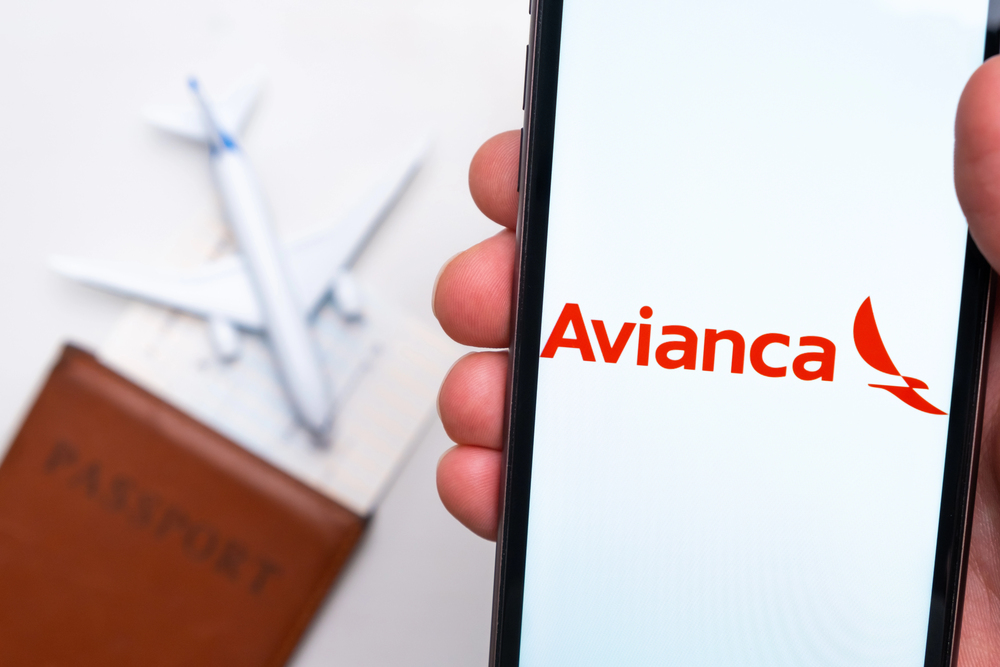
— Photo by rss.vladimir@gmail.com
Having your airline’s app on your phone is like carrying a customer service representative in your pocket. You’ll get real-time updates about gate changes, delays, and cancellations before the overhead announcements even start. Most apps also let you rebook flights, check in, and even chat with customer service without waiting in those endless airport lines. Think of it as your personal travel command center that works 24/7.
Sign Up for Flight Alerts
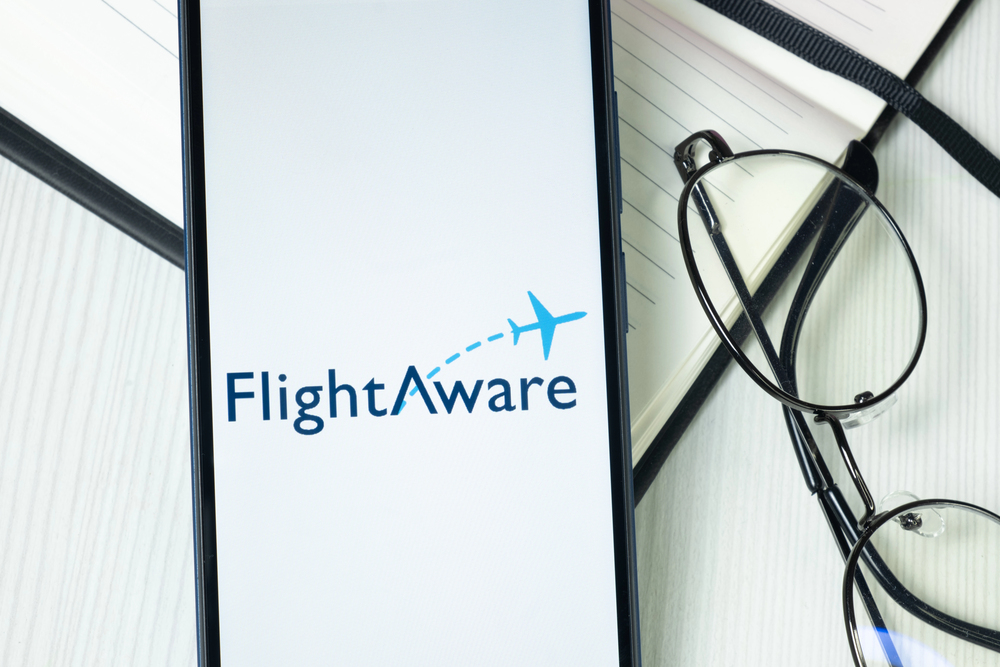
— Photo by postmodernstudio
Flight alerts are your early warning system for travel chaos. Services like FlightAware or your airline’s notification system can text or email you the moment something changes with your flight. Getting a heads-up about a delay while you’re still at home beats finding out at the gate after you’ve already navigated security. It’s like having a crystal ball for your travel plans, giving you precious time to adjust before things get hectic.
Know Your Passenger Rights

Airlines have specific obligations when flights get delayed or canceled, but they won’t always volunteer this information. In the U.S., you’re entitled to a full refund if your flight gets canceled, regardless of the reason. For delays over three hours on international flights, or specific domestic delay thresholds, you might qualify for compensation. European flights have even stronger passenger protections under EU261 regulations, which can mean hundreds of dollars in compensation plus meals and accommodations.
Keep Important Documents Digital and Physical
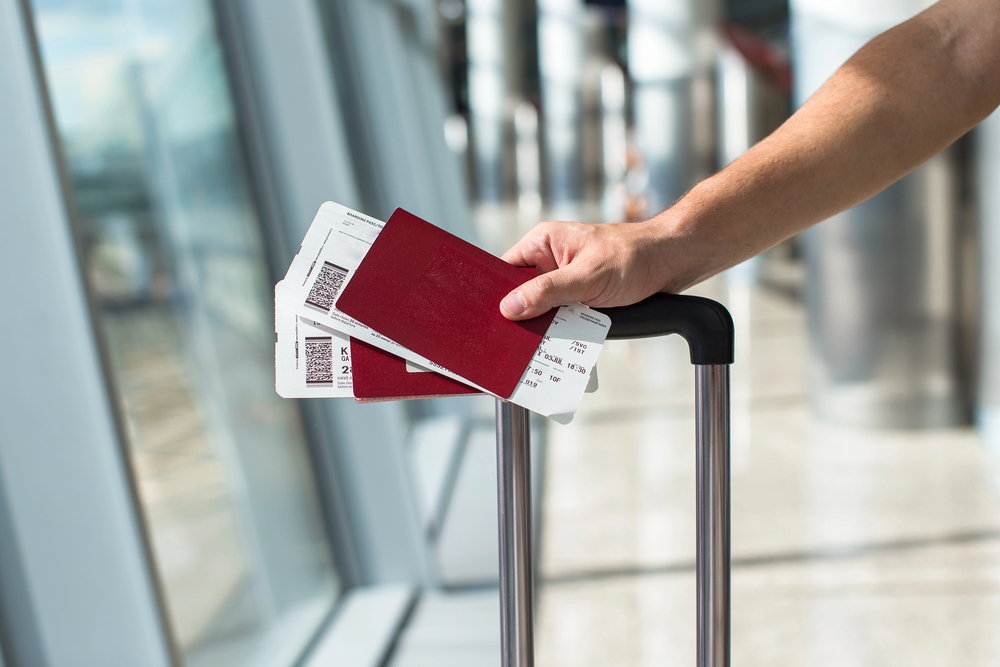
Having backup copies of your boarding pass, ID, and travel documents can be a lifesaver when technology fails. Screenshot your boarding pass and email it to yourself, but also keep a printed copy just in case your phone dies. Store digital copies of your passport, driver’s license, and travel insurance in a secure cloud folder that you can access from any device. It’s like having a spare key for your entire trip.
Pack Essentials in Your Carry-On

Your carry-on bag should be packed like a survival kit for unexpected overnight stays. Include a change of clothes, medications, phone charger, toiletries, and any valuable items you can’t afford to lose. If your flight gets canceled and your checked bag ends up in another city, you’ll have everything you need to stay comfortable. Think of it as insurance against the chaos of disrupted travel plans.
Research Alternative Airports

Sometimes flying into a nearby airport can get you to your destination faster than waiting for your original flight. If you’re heading to New York, Newark, and LaGuardia might have availability when JFK is backed up. Los Angeles has multiple airports within driving distance, and many major cities have similar options. Having this knowledge beforehand means you can suggest alternatives to gate agents instead of just accepting whatever they offer first.
Stay Calm and Be Polite

Gate agents and customer service representatives deal with frustrated passengers all day long, and they have more power to help you than you might realize. A friendly approach and a genuine ‘thank you’ can work wonders when everyone around you is losing their cool. These employees often have access to different booking systems, upgrade lists, and creative solutions that aren’t available to angry customers. Treat them like the problem-solving allies they are, not the enemy.
Have Backup Plans Ready

Smart travelers always have a Plan B brewing in the back of their minds. Research ground transportation options like trains or rental cars for shorter distances, and know which hotels near the airport offer reasonable rates for stranded passengers. Some credit cards include travel delay insurance that covers meals and accommodations, so check your benefits before you travel. Having alternatives ready means you can pivot quickly instead of standing around feeling helpless.
Use Social Media for Customer Service

— Photo by yalcinsonat1
Airlines often respond faster to public complaints on Twitter or Facebook than they do to phone calls. A polite but firm tweet about your situation can sometimes get you rebooked in minutes instead of hours. Many airlines have dedicated social media customer service teams that can handle rebooking, seat assignments, and even meal vouchers. Just remember to keep your tone professional and include your confirmation number to speed things up.
Consider Travel Insurance
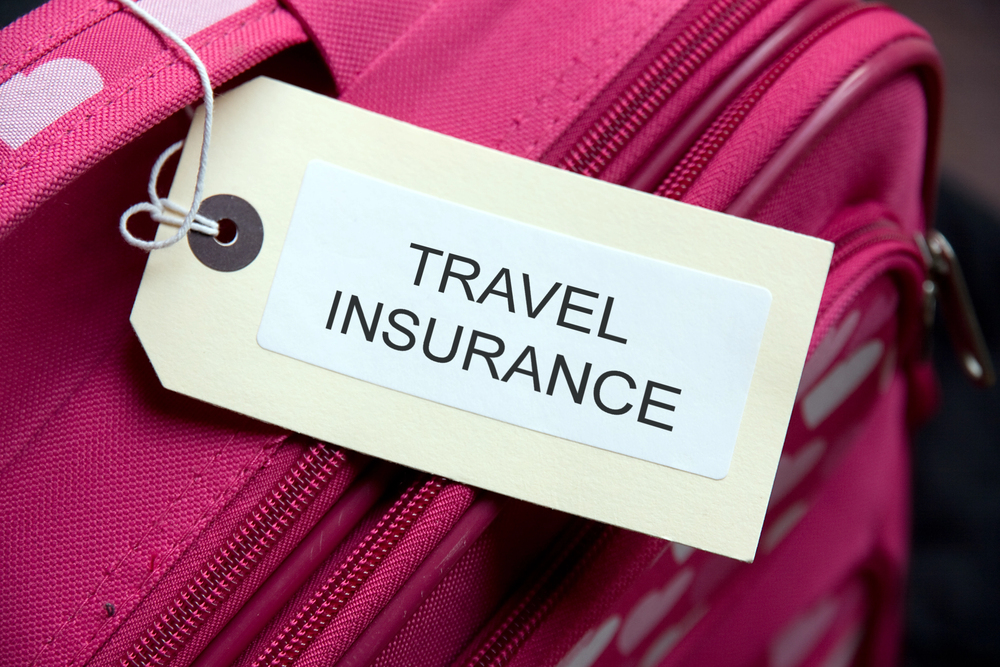
Travel insurance isn’t just for international trips or expensive vacations anymore. A good policy can cover meals, hotels, and even alternative transportation when flights get disrupted. Some policies also include ‘cancel for any reason’ coverage, which gives you flexibility if you need to change plans at the last minute. It’s like paying a small fee upfront to avoid potentially huge expenses later, especially if you’re traveling during peak seasons or to destinations with limited flight options.
Know Which Flights Get Priority

Airlines typically prioritize rebooking passengers based on elite status, ticket price, and original booking class. If you’re flying on a deeply discounted economy ticket, you might wait longer for rebooking than someone who paid full fare. Understanding this system helps set realistic expectations and might influence which flights you book in the future. Business and first-class passengers almost always get rebooked first, followed by elite frequent flyers, then everyone else in order of check-in time.
Master the Art of Flexible Rebooking
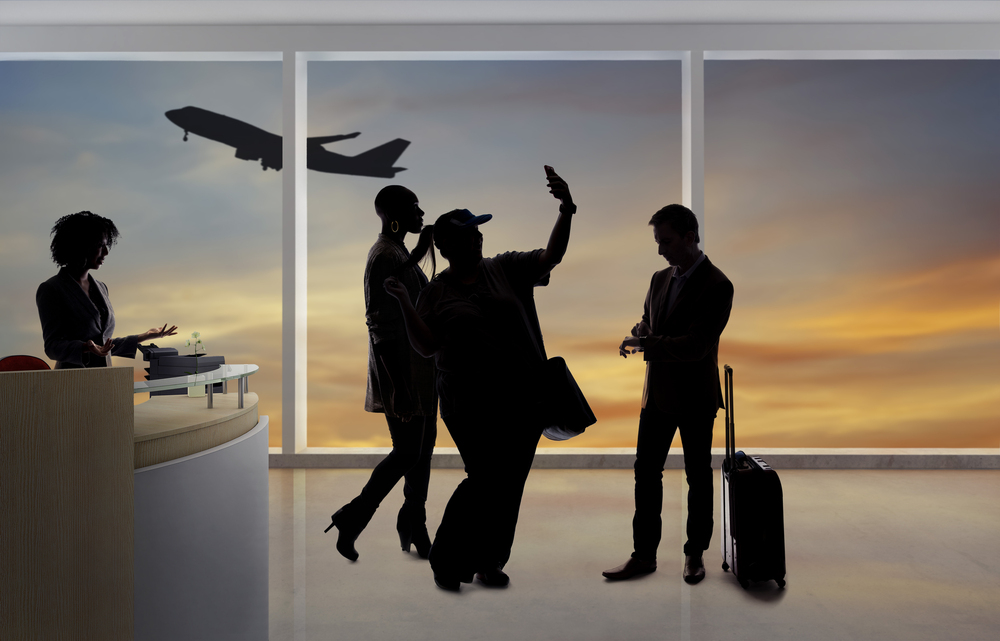
When asking for rebooking help, suggest multiple destination options if possible. If you’re trying to get to a business meeting in downtown Chicago, both O’Hare and Midway could work, giving the agent more flight options to choose from. Being flexible with your departure times, dates, and even nearby airports dramatically increases your chances of getting rebooked quickly. Think of it like casting a wider net — you’re more likely to catch something when you have more options in the water.
Keep Receipts for Everything

Every meal, hotel stay, taxi ride, and phone call related to your flight disruption could be reimbursable. Airlines have different policies about what they’ll cover, but you can’t get reimbursed without proof of purchase. Take photos of receipts immediately in case they fade or get lost, and keep them organized by date and category. Some credit cards also offer travel delay protection that reimburses expenses, making those receipts doubly valuable.
Understand Different Types of Travel Delays
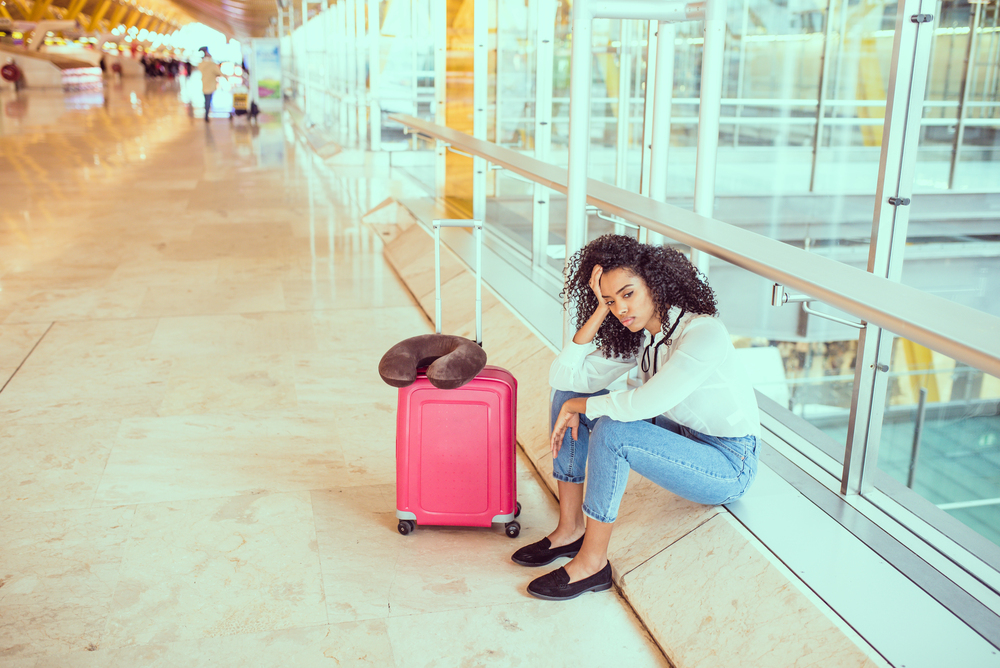
Not all delays are created equal in the airline world. Weather delays often mean the airline won’t pay for hotels or meals, while mechanical issues typically trigger more generous compensation policies. Air traffic control delays fall somewhere in between, and crew scheduling problems are usually considered the airline’s responsibility. Knowing the difference helps you understand what compensation to expect and how to frame your requests for assistance.
Book Morning Flights When Possible
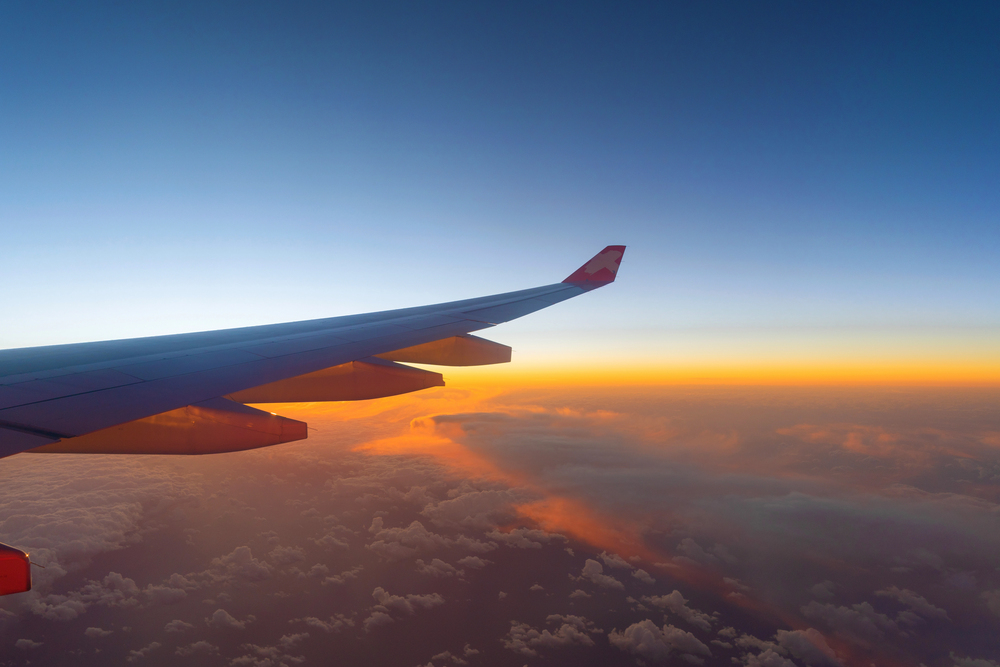
Early morning flights face fewer delays because they start the day fresh, before the cascade of problems that can build up throughout the day. If your 6 AM flight gets canceled, you have the entire day to find alternatives, but a late evening cancellation might leave you stuck overnight. Airlines also tend to have more crew availability and aircraft positioning flexibility earlier in the day. It’s like getting first pick from the day’s flight options instead of whatever’s left after everyone else has grabbed the good stuff.
Build Relationships with Airline Staff

Frequent travelers know that being memorable for the right reasons can pay dividends when things go wrong. Chat with gate agents during normal times, remember the names of customer service representatives who help you, and always express genuine appreciation for good service. These relationships won’t guarantee special treatment, but they might mean getting that last seat on an oversold flight or receiving a heads-up about potential problems before they’re announced. Think of it as building a network of travel allies who know you’re one of the good ones.
When Plans Fall Apart, Adaptability Wins

Flight disruptions have been part of air travel since the Wright brothers first took off, but today’s travelers have more tools and options than ever before. The passengers who handle delays and cancellations best aren’t necessarily the ones with the highest status or the most expensive tickets — they’re the ones who stay flexible, prepared, and respectful in their interactions with airline staff. Your next flight delay might still be frustrating, but with these strategies in your back pocket, it doesn’t have to ruin your entire trip.
More from Travel Pug

- 20 Best Beach Towns in the Carolinas
- 13 Destinations Where Tourists Regularly Regret Their Trip
- 20 Things You Actually Get in First Class
- 20 Small Airports With Aviation Museums
- 20 Places in the U.S. That Are Perfect for a Reset Trip
Like Travel Pug’s content? Follow us on MSN.
